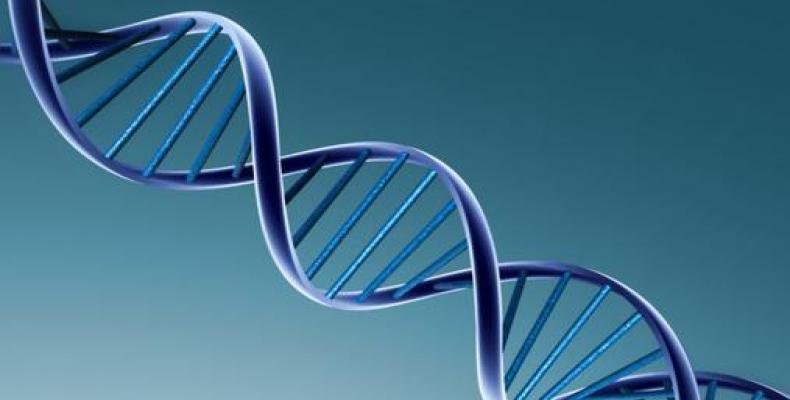Scientists in China and the United States have created a method to unravel the black box of embryonic development, by allowing primate embryos to grow in the laboratory longer than ever before, Xinhua reports.
The research done in nonhuman primate cells could enable the researchers to obtain molecular details of key developmental processes for the first time, according to a study published online on Thursday in the journal Science.
The findings may provide valuable insight into early embryonic development and potentially can help inform approaches to advance regenerative medicine in humans.
Scientists from Kunming University of Science and Technology and BGI-Shenzhen in China, and Salk Institute in the United States started monkey embryo culture experiments in China three years ago, in order to understand cellular and molecular mechanisms underlying primate embryonic development.
They wanted to study an early developmental milestone called gastrulation, which occurs when a developing embryo transforms into a multilayered structure, called the gastrula, from which all future tissues and organs will be derived.
One layer will become the lungs, gastrointestinal tract and liver; another will become the heart, muscles and reproductive organs; and a third will become the skin and nervous system, according to the researchers.
However, scientists did not know the molecular and cellular drivers of this process in primates, largely due to limited access to early embryos.
The researchers in this study modified a previously established embryo culture protocol to allow an early primate embryo to develop in lab conditions for up to 20 days. Previously researchers had only been able to maintain cultured primate embryos prior to the second week of gestation.
Using the new protocol, they found that the cells within cultured embryos exhibited clear developmental trajectories toward each layer of the gastrula, and the results revealed some of the molecular details required for this growth.
The data could also be used as a resource to aid in extending the cultured embryo duration past 20 days in order to better study stem cell differentiation, according to the study.
"These results illuminate some of the regulation networks and signaling pathways that are crucial to development in primates," said Juan Carlos Izpisua Belmonte, the paper's co-corresponding author and a professor in Salk's Gene Expression Laboratory, in a statement.


